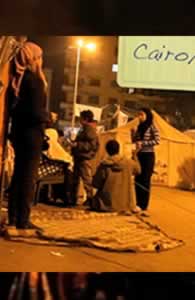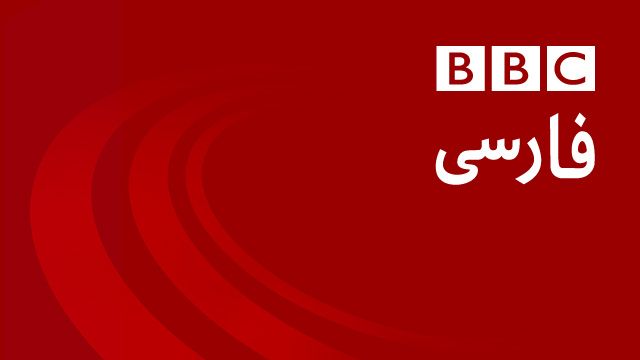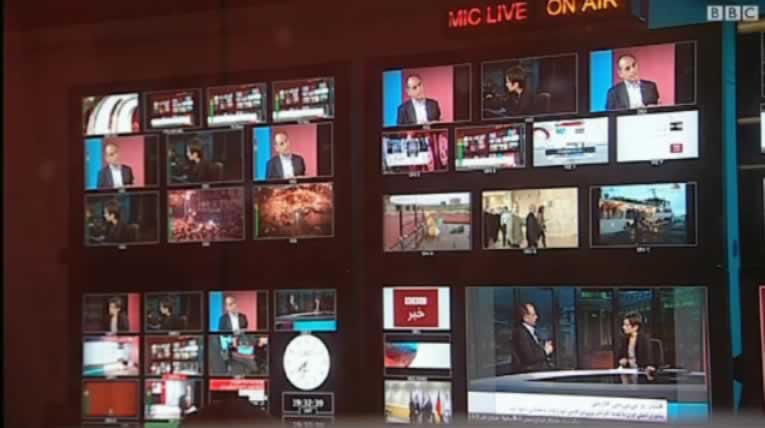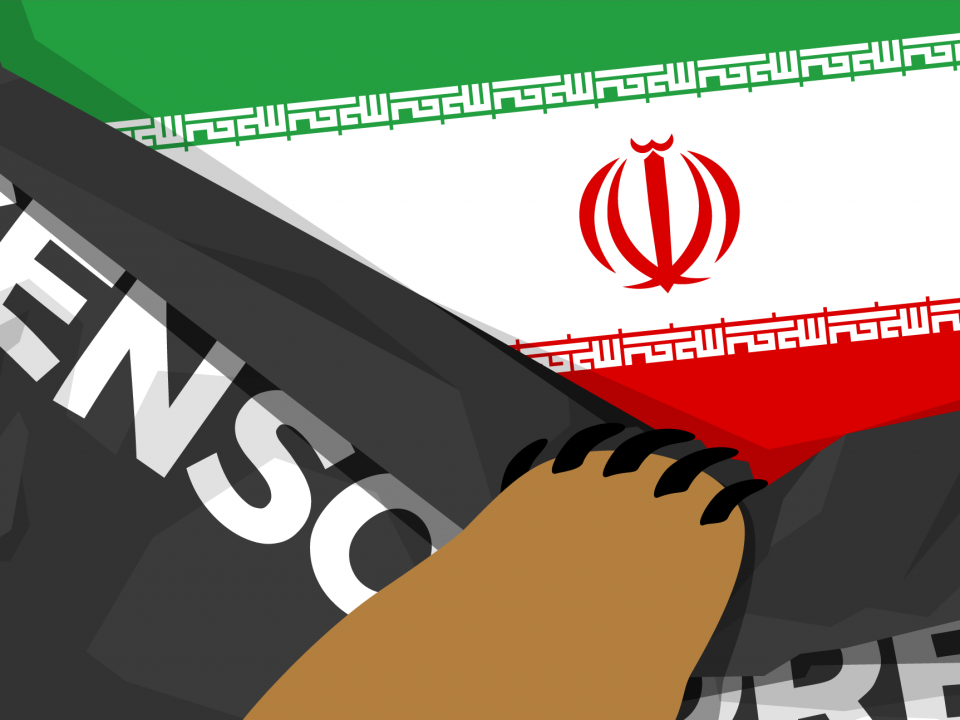
EU High Representative Voices Concern About the Treatment of Journalists and Netizens in Iran
February 2, 2012
Egypt — Punishing Pro-Democracy NGOs
February 7, 2012Arseh Sevom — For months now, Iranian state media has been slandering BBC Persian journalists, accusing them of a number of crimes including drug trafficking, sexual impropriety, and even rape. Recently, they also began detaining the family members of the journalists for questioning in the hopes of intimidating the foreign-based journalists.
“This is unprecedented in its level of viscousness,” BBC correspondent Kasra Naji tells Arseh Sevom. “We have not seen this level of brazen and vicious attacks before.”
Parents and relatives of as many as ten BBC Persian journalists have been taken in for questioning; many have been threatened with losing their jobs if they don’t “cooperate” with authorities; and several family members have had their passports taken from them.
In the past several months, a number of filmmakers, journalists, and netizens have also been detained in Iran. According to several sources, some of those arrested are being pressured into giving false confessions stating they worked for the BBC. “This is complete rubbish,” Naji told Arseh Sevom. He reiterated that there are no reporters, stringers, or producers currently working for the BBC in Iran.
Even mundane information is deemed sensitive by the regime, emphasizing the stranglehold the government wishs to impose on communication both domestically and internationally. “The authorities take issue with the fact that we are providing accurate information in Persian,” Naji stated.
On February 2, The BBC went public with the harassment. The director of BBC Persian, Sadeq Saba, spoke on air of the issues facing the families of BBC Persian staffers.
The complete interview can be viewed in Persian here:
On Friday, February 3, Human Rights Watch published details of the intimidation of BBC journalists and their families and called for its end.
“Detaining a BBC reporter’s relative seems to be part of a wider campaign to harass Iranian journalists by putting pressure on them and their families,” said Sarah Leah Whitson, Middle East director at Human Rights Watch. “It suggests that authorities detained the relative to silence the reporter and the BBC. It also sends a message that the government’s long arm of repression can extend well beyond borders.”
The director general of BBC, Mark Thompson, calls on international institutions and governments to put pressure on the government of Iran to end this intimidation:
“It has also included claims that staff have converted from Islam to Christianity or Baha’ism – potentially a capital offence in Iran as it is considered to be apostasy. This has put our staff, who in most cases left their families behind to come to London and work for the BBC, under immense pressure.
“This issue is wider than the BBC – other international media face similar challenges. But it is behaviour that all people who believe in free and independent media should be deeply concerned about.
“The BBC calls on the Iranian government to repudiate the actions of its officials.
“We also ask governments and international regulatory bodies to put maximum pressure on Iran to desist in this campaign of intimidation, persistent censorship and a disturbing abuse of power.”
The Committee to Protect Journalists reiterates the gravity of the situation in Iran, not just for the families of BBC Persian staffers, but for bloggers, journalists, and web technologists, as well.
“The government’s intolerance of dissent is rising as parliamentary elections approach,” said Mohamed Abdel Dayem, CPJ’s Middle East and North Africa program coordinator. “Tehran is using the mass arrests of journalists as an intimidation tactic to silence those who dare criticize it.”
“It is impossible to miss the pattern of arrests and intimidation from the regime against those who challenge the dominance of its hold on information,” says Arseh Sevom board president, Bert Taken. “We saw a sharp rise in arrests before the 2009 elections as well. This was particularly the case with women’s rights activists, reporters, and bloggers. The harassment of the families of human rights defenders, journalists, and others is a new low for Iran. We know the mother of an imprisoned human rights defender was imprisoned simply for speaking with the international media. Arseh Sevom asks the Iranian government to rescind these policies and to respect its citizens’s freedom of speech as guaranteed by its own constitution.”
For more information:
BBC, The Harassment of BBC Persian Journalists: http://www.bbc.co.uk/blogs/theeditors/2012/02/the_harassment_of_bbc_persian.html
BBC Persian, Interview with Sadeq Saba: http://www.bbc.co.uk/persian/iran/2012/02/120202_sadegh_saba_vid.shtml and the Persian version of an interview with BBC’s director general: http://www.bbc.co.uk/persian/iran/2012/02/120205_ka_bbcpersian_thompson.shtml
Committee to Protect Journalists, Ahead of Iran elections, crackdown on press continues: http://www.cpj.org/2012/02/ahead-of-iran-elections-crackdown-on-press-continu.php
Human Rights Watch, Iran: Stop Holding Reporters’ Relatives Hostage: http://www.hrw.org/news/2012/02/02/iran-stop-holding-reporters-relatives-hostage






